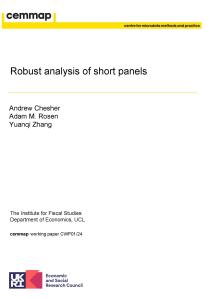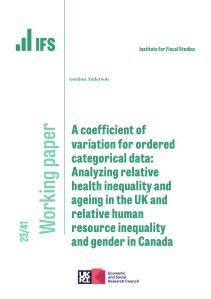Consumption Euler equations are important tools in empirical macroeconomics. When estimated on micro data, they are typically linearized, so standard IV or GMM methods can be employed to deal with the measurement error that is endemic to survey data. However, linearization, in turn, may induce serious approximation bias. We numerically solve and simulate six different life-cycle models, and then use the simulated data as the basis for a series of Monte Carlo experiments in which we evaluate the performance of linearized Euler equation estimation. We sample from the simulated data in ways that mimic realistic data structures. The linearized Euler equation leads to biased estimates of the EIS, but that bias is modest when there is a sufficient time dimension to the data, and sufficient variation in interest rates. However, a sufficient time dimension can only realistically be achieved with a synthetic cohort. Estimates from synthetic cohorts of sufficient length, while often exhibiting small mean bias, are quite imprecise. We also show that in all data structures, estimates are less precise in impatient models.








